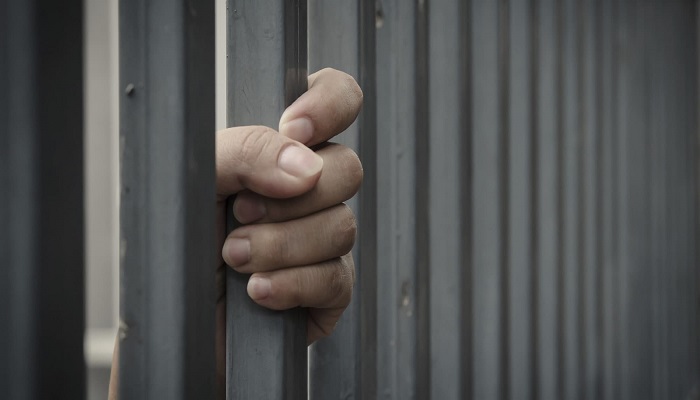
The Supreme Court has urged the Centre and all states to consider establishing open jails as a measure to give prisoners a chance to reform themselves. The court, in its judgment delivered on Friday, passed a slew of directions aimed at reforming prisons.
A bench comprising Justices Madan B Lokur and Deepak Gupta was hearing a 2013 plea on the unsatisfactory conditions in 1,382 jails across the country.
The bench directed all high courts — 24 in all — to register a suo motu case to identify the kin of those who died unnaturally in prisons in instances after 2012 and award suitable compensation.
In its more than 40-page judgment, the bench stressed the importance of appointing counsellors and other support staff for prisoners, especially first-time offenders.
The court also gave examples of the open prison in Shimla, and a semi-open jail in Delhi, to underline the success of the experiment. Open prisons are jails with minimum supervision and physical control over inmates is also lax. Prisoners interred at open jails are allowed to take up regular employment outside the premises; they can walk out and return at appointed hours.
“It is time for the state to go beyond projections through circulars and advisories and actually come to grips with the reality as it exists in a very large number of prisons. What is practiced in our prisons is the theory of retribution and deterrence and the ground situation emphasises this, while our criminal justice system believes in reformation and rehabilitation and that is why handcuffing and solitary confinement are prohibited,” the bench said.
The apex court was also distressed to learn that custodial deaths of children in juvenile homes haven’t been probed. “It seems that apart from being ‘voiceless’, such children are also dispensable,” the court observed.
“There must be a genuine desire to ensure that the guarantee to a life of dignity is provided to the extent possible even in prisons, otherwise Article 21 of the Constitution will remain a dead letter. It must be appreciated by the State that the common person does not violate the law for no reason at all. It is circumstances that lead to a situation where there is a violation of the law.”
Apart from directing all the states to study the availability of medical assistance accorded to prisoners, the apex court has sought remedial steps wherever necessary.

Post Your Comments